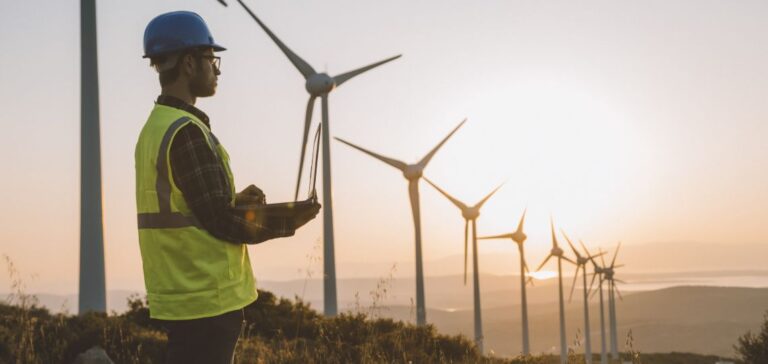Electricity grid operators in France are warning of a looming saturation of the training infrastructure, as demand for skilled technical workers in the sector continues to rise. This finding comes from a report published on 25 March, commissioned by Réseau de Transport d’Électricité (RTE) and Enedis, and carried out by the consulting firm PricewaterhouseCoopers (PwC). The study highlights the escalating investment required for the energy transition, estimated at approximately €200bn by 2040.
Rapid growth in human resource needs
According to Alexandre Siné, Director of the Network Schools for the Transition Project, the number of core sector jobs is expected to increase from 49,000 to 79,000 by 2030. This translates to about 43,000 new hires, accounting for natural staff turnover. The surge primarily affects maintenance and operations technicians, site managers and network fitters, who are all essential for the rollout of infrastructure such as offshore wind connections and electric vehicle charging stations.
Training capacity under pressure
Although the initial education system is deemed quantitatively significant, the report highlights that it is often too generalist and unevenly distributed across the country, rendering it inadequate for the scale of the upcoming changes. Some training courses, such as the Brevet de Technicien Supérieur (BTS) in electrical engineering and public works—shared across multiple industries—may soon hit capacity constraints.
Regional disparities and strategic recommendations
The report identifies stronger workforce pressure in specific regions, including Île-de-France, Normandy, Nouvelle-Aquitaine and Occitanie, due to their pivotal role in hosting renewable energy projects. To address these regional needs, partnerships have been developed with around 150 vocational schools through the Network Schools for the Energy Transition programme, which includes retraining and reintegration components.
The report also advises the creation of new certifications aimed at attracting individuals undergoing professional transition or facing employment barriers, alongside strategies to boost the sector’s appeal. With women representing only 14% of the energy transition workforce, increasing gender diversity is cited as an additional avenue to help alleviate the labour shortage.






















